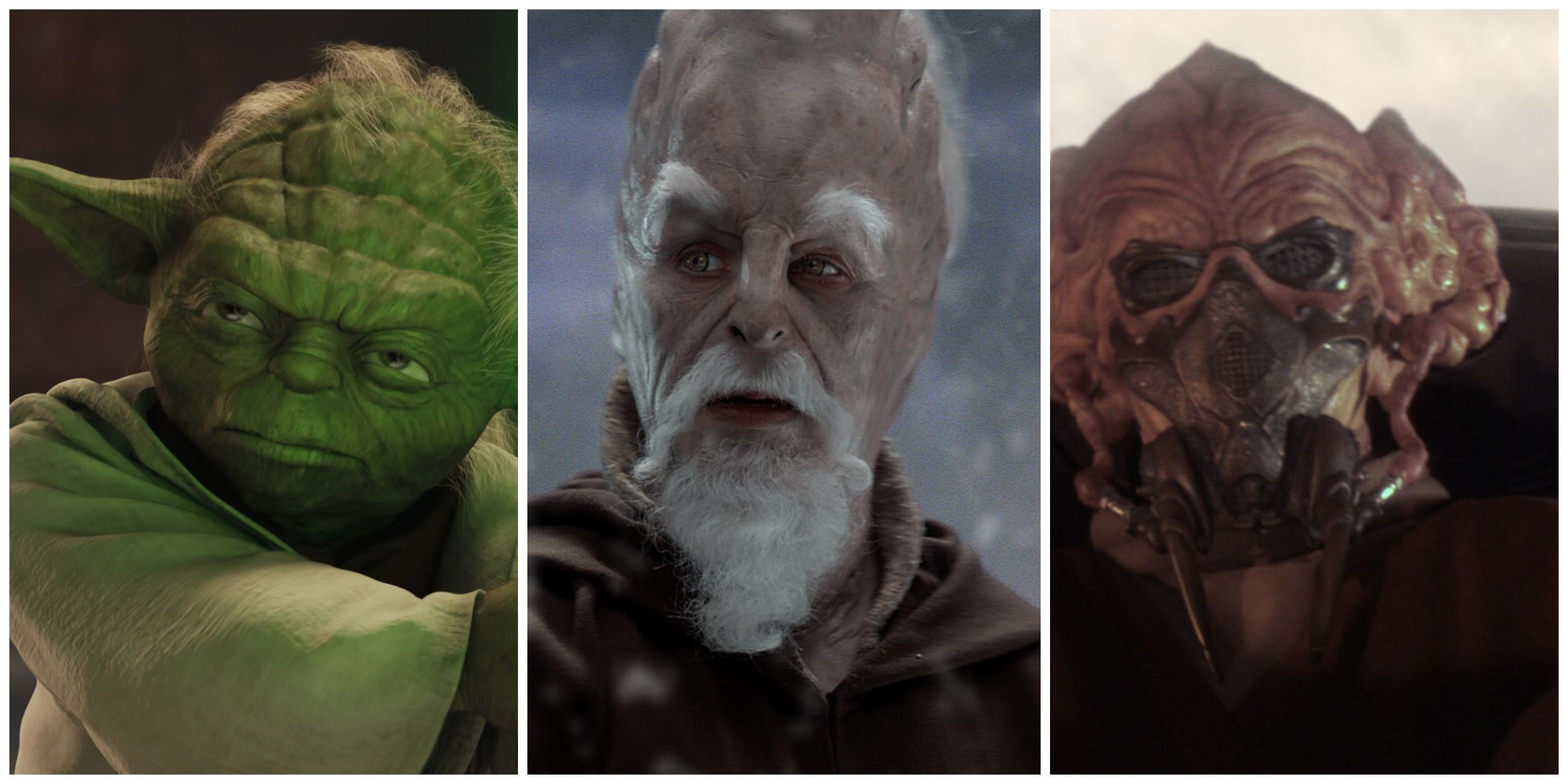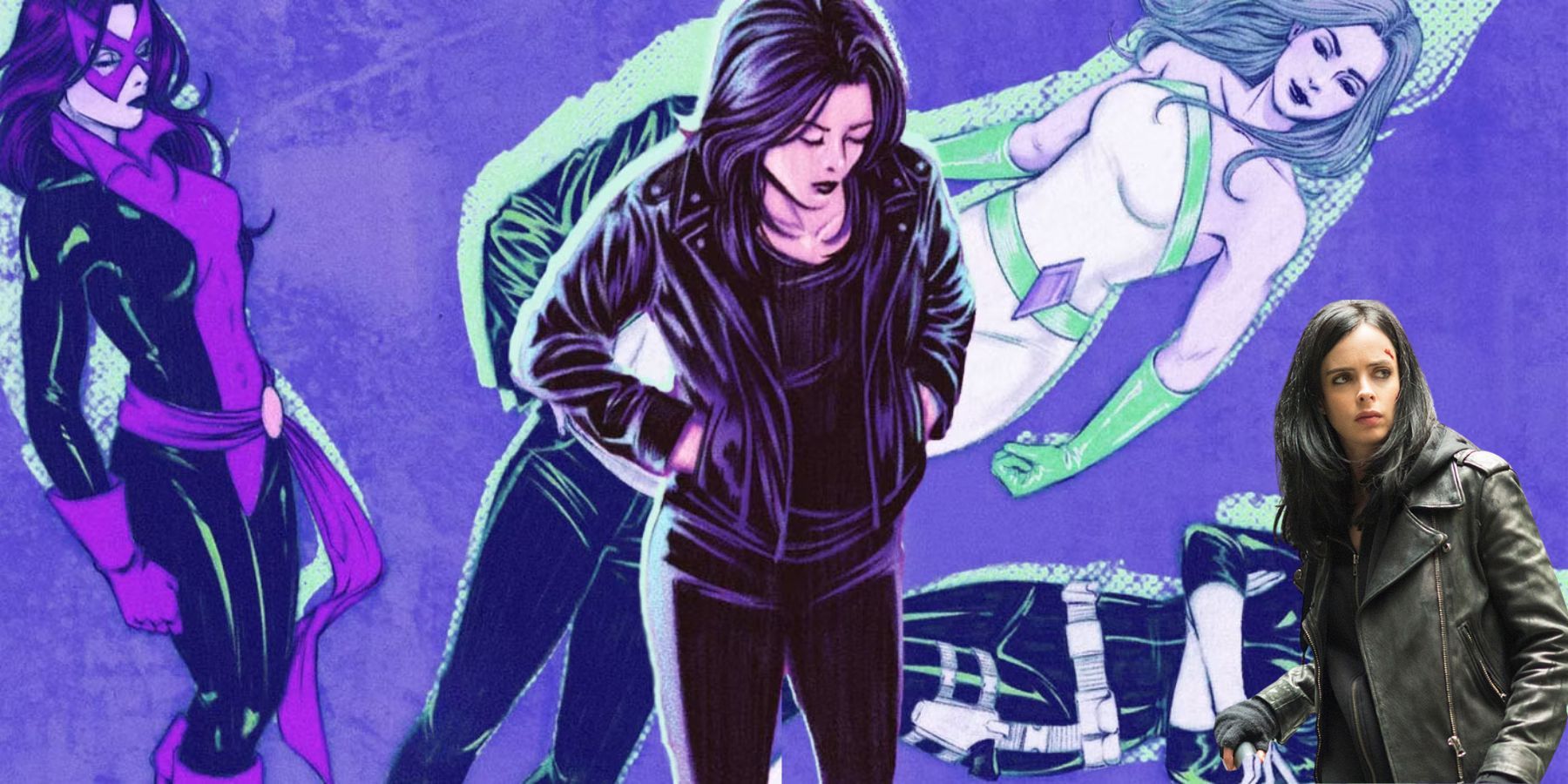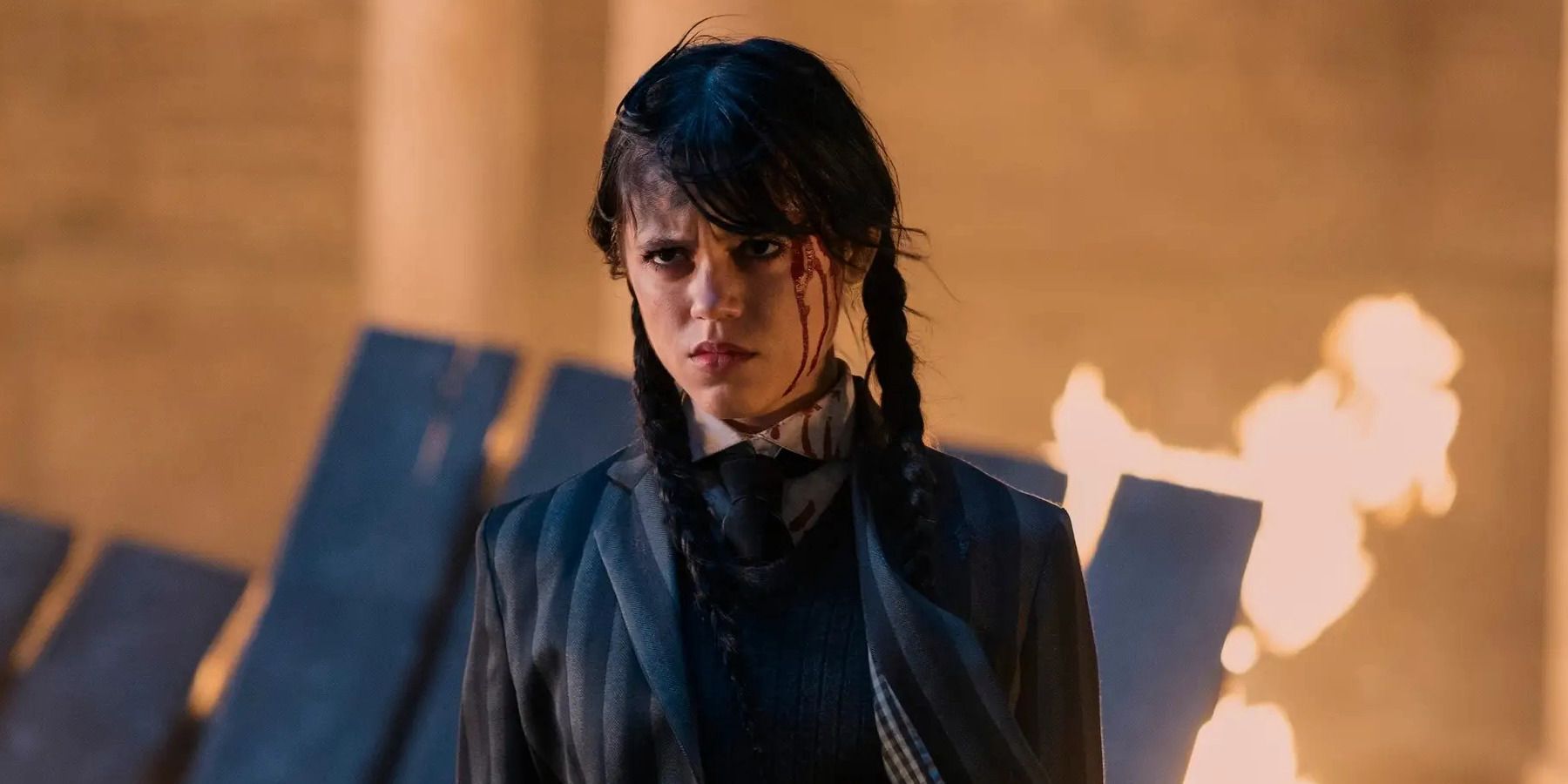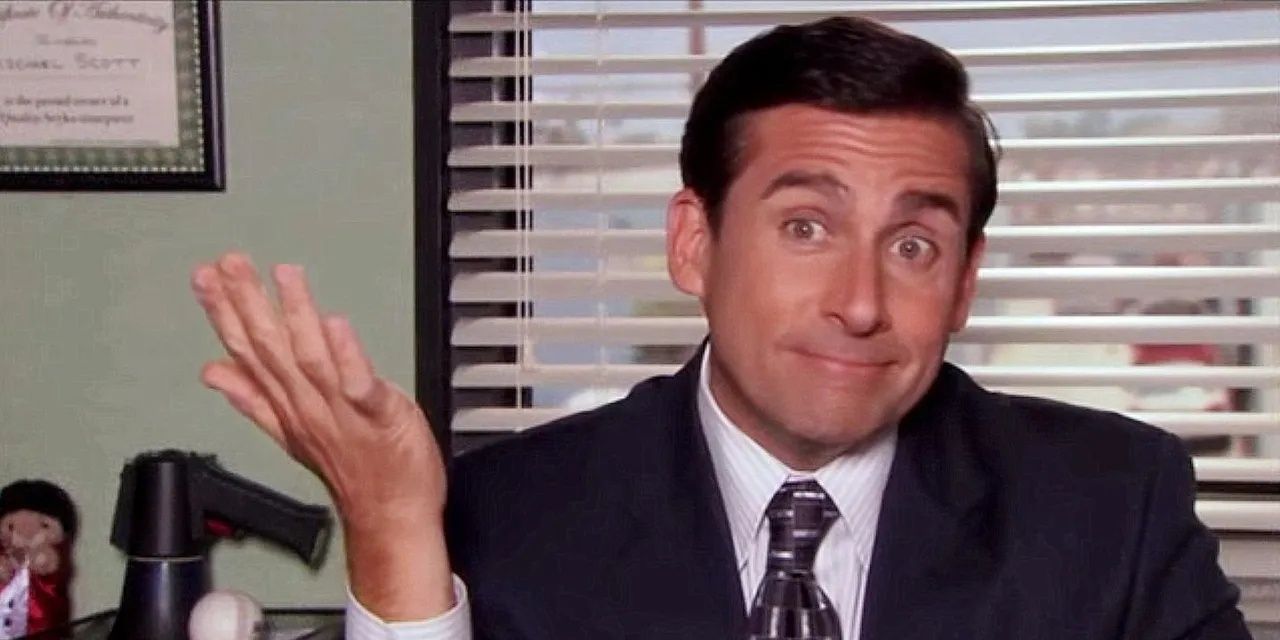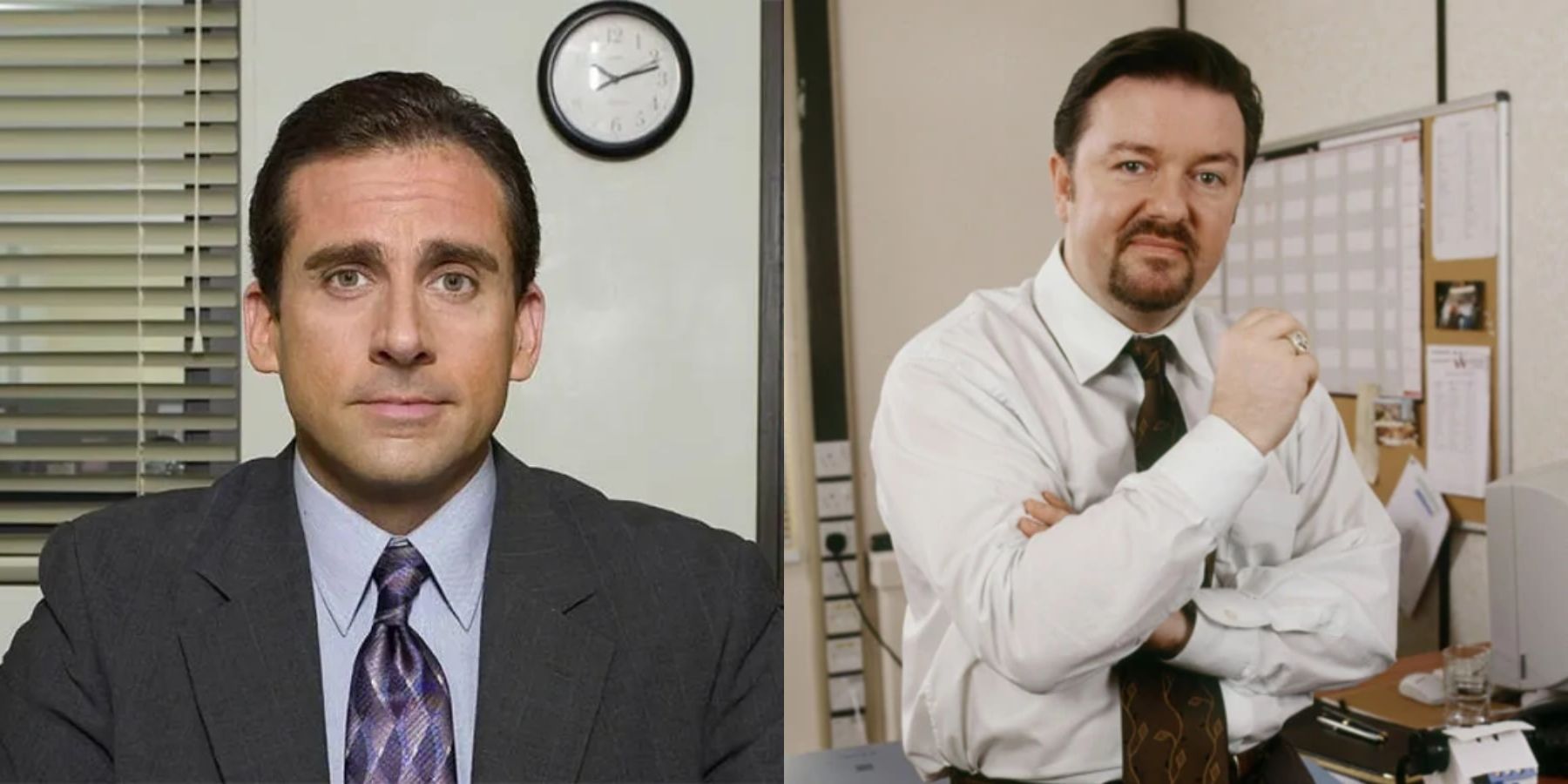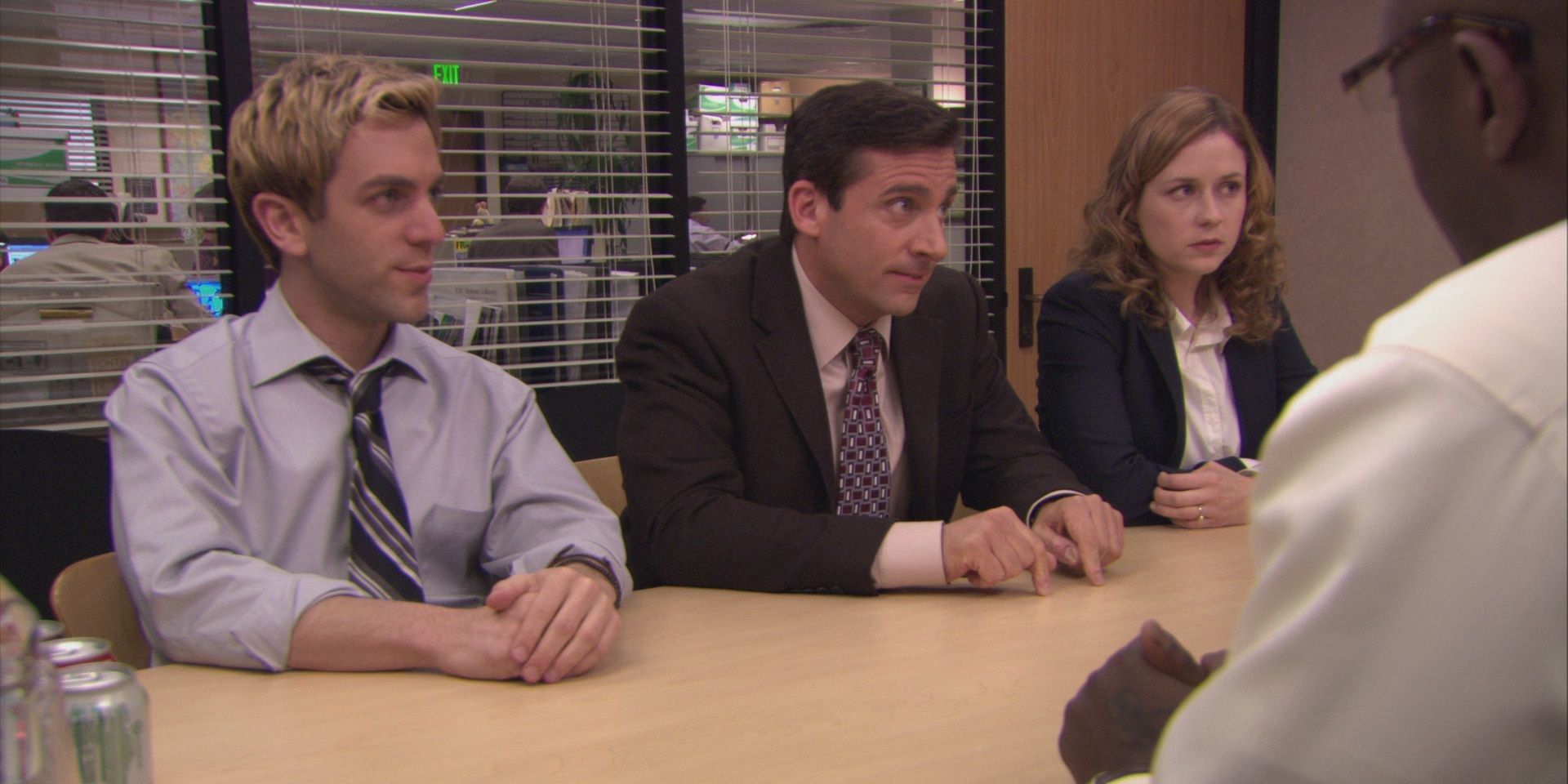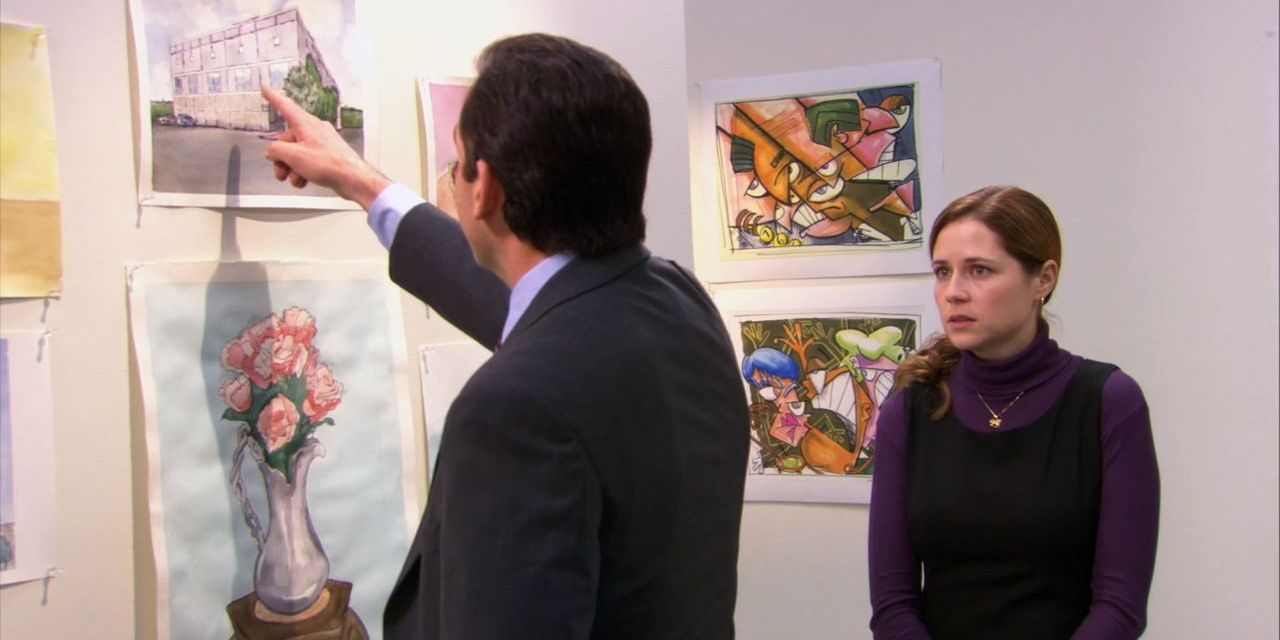As one of the most popular and beloved sitcoms of all time, The Office has often been praised for having fantastic writing. If you ask some fans, they'll be more critical of the last few seasons after Steve Carell's departure from the show, but for the most part, a majority of viewers would agree that The Office made a lot of great writing choices when it came to both the comedy and the characters. Though their personalities can be wacky, there's something about the characters of The Office that still feel real, like they're exaggerated versions of the kinds of archetypes one might actually find in a workplace.
As one of the most central characters in the story, Michael Scott plays a huge role in dictating the tone and direction of the show. If fans didn't latch onto his character, it would have been really hard to get anyone on board with the show at all. In the beginning, it seemed like things might actually go that way, as the Michael from Season 1 is a lot different from the Michael that is seen in later seasons. Choosing to make Michael a more likable character is what gave the American version of The Office a lot of its success, as fans actually became invested in Michael and his development as a character.
In Season 1, Michael is essentially a copy of the character David Brent from the original, British version of The Office, as the American version hadn't quite found its own unique style yet. Brent had less redeeming qualities, as he was written to be more intentionally unlikable. This approach really worked for the show that the British version of TheOffice was, but it wasn't translating quite as well to an American audience. If the US version of The Office wanted to put more of a focus on Michael Scott as one of the main characters, they needed to change something about their approach.
They did this by making him feel more human and endearing, in a certain way. Yes, he still makes countless offensive jokes and is often petulant or selfish, but at the end of the day, it's clear that he's not doing this out of any particular desire to be annoying. If anything, his main character trait is his need to be loved by everyone around him, and so his social faux-pas seem to be borne more out of ignorance, or a mouth that just says things before his brain can catch up and warn him that it's a bad idea.
Though he causes many of the problems in the show, the episodes usually conclude with him trying to set things right again after he realizes his mistake. The most important thing about this aspect of Michael's character is that he grows as a person throughout seven seasons of the show. It might not seem like it at first, but he does mature as time goes on, which reason why his exit from the show is so emotional but also feels earned; he went through a lot of development and his story finishes with him in a much different place than he started.
He really does care about the people around him and he truly sees the employees in his office as family (with the exception, perhaps, of Toby). While this in itself causes problems on a number of occasions because he oversteps some professional workplace boundaries, it's a constant thread that runs through the show as an example of the ways in which he's not a totally bad person. He wants the dreary office space they work in to be a place that people enjoy going to, though the employees keep thwarting his efforts by pointing out how much time-wasting happens on the job.
If Michael had been unlikable, the show would be almost unbearable to watch. There are enough cringe-worthy scenes as there is (episodes like "Scott's Tots" come to mind), and it would be made even worse if Michael was an unredeemable character the entire time. Though Jim and Pam are also main characters in the show, Michael is really at the heart of it all, which is why it's good that that heart actually feels like a heart rather than a nuisance. One of the reasons why the show feels like it goes downhill after Michael leaves is that the writing has suddenly lost its anchor. A lot of the story is from Michael's perspective, and without it, the story feels more unmoored.
One of his best moments is him coming to Pam's art show in the Season 3 episode "Business School" and genuinely complimenting her art when she's been feeling like a failure throughout the episode. Pam and Michael especially have a lot of endearing moments together, which is why their final goodbye at the airport is so emotional. These moments in the show are what humanize him, and show the viewer that if Pam can see him as a good person, then they can too.
He's certainly not perfect, but Michael Scott is one of the more interesting sitcom protagonists in recent history. Both the writing and Steve Carell's brilliant performance present him as a chaotic force in the show that can unintentionally cause harm (emphasis on "unintentionally", as he's often positioned as more of an idiot than anything else), who at the end of the day still has a heart of gold and wants nothing more than the love of those who are important to him. The delicate balance of annoying and endearing that the character strikes is part of what makes The Office stand out from a lot of other shows, and one of the main reasons why the love for it has endured for all these years after it aired.

